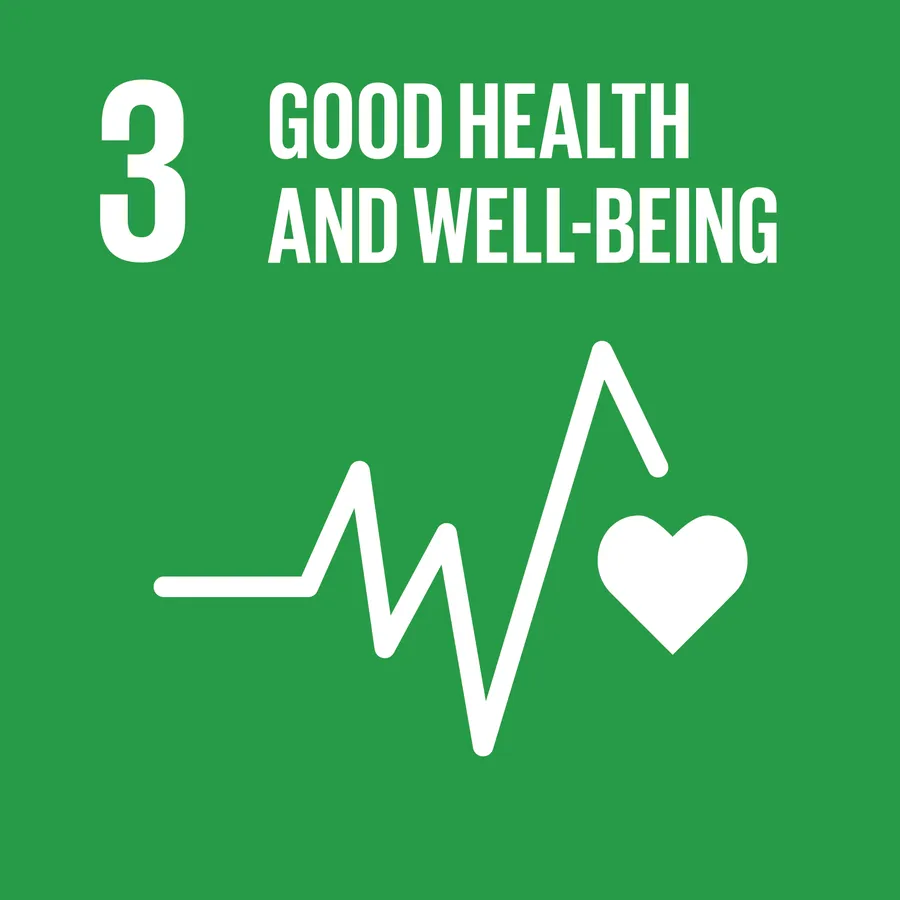Good health and well-being – with the help of our forests
For today’s World Health Day, let’s celebrate the work of doctors and nurses, as well as our forests for providing vital medicinal plants. Together they are contributing to UN Sustainable Development Goal 3, ‘Good health and well-being’.
Good health and well-being – with the help of our forests
7 April 2020 News
Today is World Health Day, a very special day to celebrate the vital work of doctors and nurses around the world. Through their dedication and expertise, they help to ensure healthy lives and well-being, which is essential to sustainable development.

UN Sustainable Development Goal 3, ‘Good health and well-being’, highlights ways to ensure healthy lives for all – and our forests play a key role.
In addition to human work and knowledge, also the right medicines are necessary for reaching Goal 3 – and many of them come from the forest. In fact, tropical forests give us the plants and substances necessary for over a quarter of all modern medicines.
Forests and SDG 3
Forests play a significant role in both providing health benefits and mitigating negative health impacts. Recreational benefits from forests are known to support physical and mental health through stress alleviation. Forests also regulate the climate, providing clean air and purifying water.
Non-wood forest products can provide the essential nutrients needed for good maternal and child health, and medicinal plants found in forests also provide ingredients used for both modern and traditional medicines.
On the other hand, forest work is considered among the most hazardous in the world. Healthy and safe working conditions are prerequisites for sustainable forest management. In practice sustainability can only be ensured by properly instructed and trained workers doing a good job.
PEFC and SDG 3
PEFC promotes healthy forests, workers, people and communities. Our standard makes sure that the health and vitality of forests is maintained or enhanced, safeguarding the ecosystem services that are important to human health.
The use of pesticides needs to be avoided, and – if they are necessary - limited to a level that minimizes the risks to human health and the environment. Forest work must be organized in a manner that minimizes health and accident risks, and workers receive training on work safety.
Benefits from PEFC certification are extended to communities. Areas fundamental to meeting the needs of indigenous peoples and local communities such as health need to be protected and the long-term health and well-being of communities within or adjacent to the forest promoted.